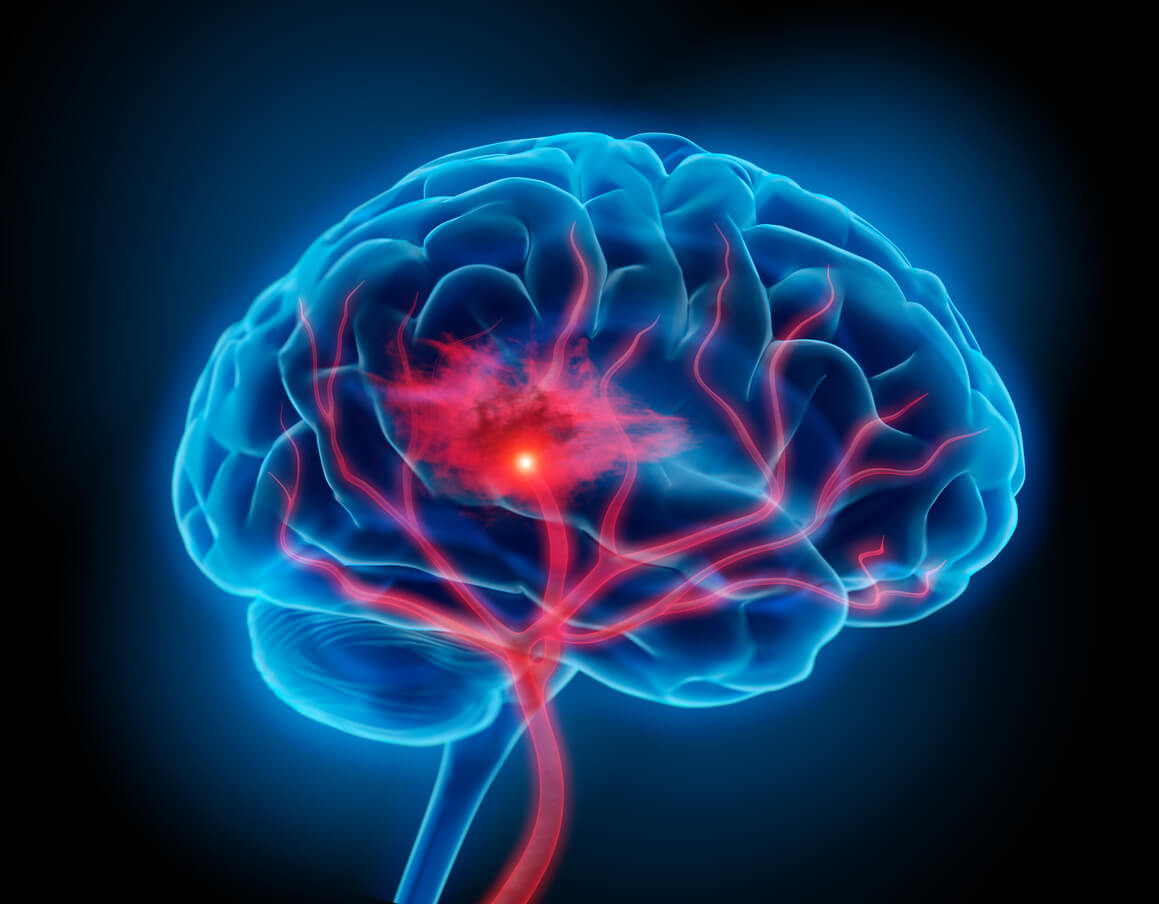It’s easy to understand how diet and exercise affect physical health—you can often see the results of improved lifestyle choices when you look in the mirror or step on a scale.
It’s possible to feel strong and limber well into an advanced age, but did you know your lifestyle choices can also affect your brain health? By taking care of your brain, you may be able to reduce your risk for many age-related conditions, including memory loss and dementia.
Some brain-boosting lifestyle choices to consider include:
Have a healthy heart. It’s no surprise that the two most important organs depend on—and affect—each other. The brain requires normal blood flow to function, and some brain conditions, such as stroke or Alzheimer’s disease, are directly caused by problems with blood flow. The Centers for Disease Control and Prevention (CDC) recommends these basic steps to improve heart health:1
- Manage or reduce heart-related conditions such as high blood pressure, high cholesterol levels, or diabetes
- Quit smoking
- Avoid excessive consumption of alcohol and drugs
- Eat healthy and exercise
Look on the bright side. Life will always have its share of struggles, but having a positive outlook has been shown to significantly reduce the risk of dementia.2 Take steps to reduce and manage your stress levels, from working out to trying some breathing exercises to speaking with your doctor or a professional therapist.
Stay social (not just on Facebook). Don’t worry if you’re not computer-savvy; there are many ways to expand your “social network” to improve brain health. Scientific studies have increasingly found a relationship between mental health and social engagement2 that brings a feeling of belonging—whether in-person or online, one-on-one or within a group, and even with pets. Find ways to maintain social connections with friends, co-workers, and family.
Give it a rest. Sleep does more than rest the body—it also rests the brain by removing toxins that have built up while we were awake. Several brain structures are directly involved in sleep, and a lack of sleep has been connected to neurodegenerative diseases (conditions related to deterioration in the brain) including Alzheimer’s and dementia.3
Even if you think you’re sleeping for enough hours each night, it’s possible you’re not getting enough quality sleep due to conditions including sleep apnea, where your breathing is interrupted while you sleep, often without you realizing it.
Start to build healthy sleep habits, including:
- Setting a consistent bedtime each night
- Avoiding alcohol and stimulants like caffeine and smoking for several hours before bedtime
- Avoiding computer and smartphone use at least an hour before bedtime
If you feel tired most of the day, even after getting “enough” sleep, or if you have trouble sleeping in general, speak with your doctor about whether you need to take a sleep study, where you’ll be tested to see whether you have a sleep disorder.
Don’t neglect your noggin. Most of these suggestions take care of your brain from the inside, but it’s important to also protect it from the outside, especially during activities that put you at risk for injury. This means more than just wearing a helmet while biking or participating in a high-impact sport, though. The CDC notes that falls, which affect 1 in 4 people older than 65, are the most common cause of a traumatic brain injury (TBI).4 These falls can occur if you’re not using the walking support you need, trip or slip at home due to preventable or removable hazards, or take medications that cause dizziness without taking proper precautions.
Many of these recommendations might seem pretty obvious, and they’re not just good for your overall health (including your brain), many of them are very easy to do. At your next annual physical, talk to your doctor about how you can incorporate healthy habits into your life.
